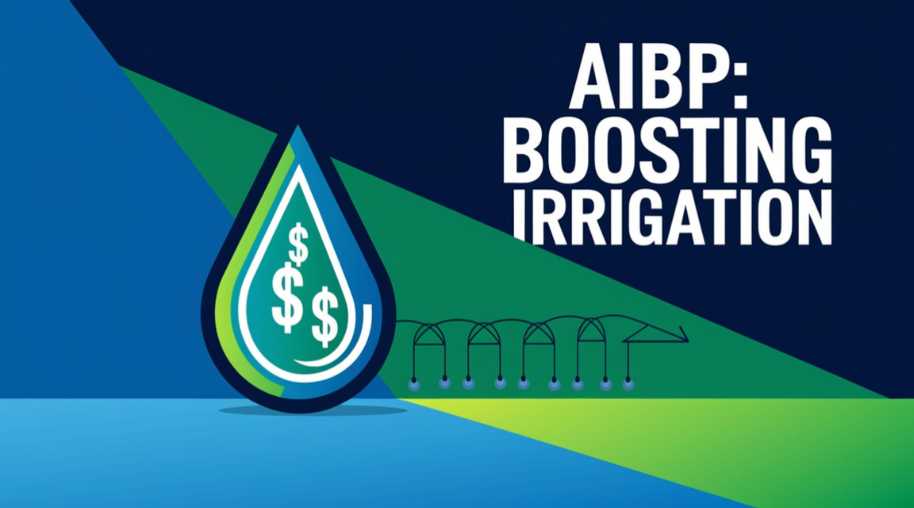NABARD Full Form-National Bank for Agriculture and Rural Development
by Shashi Gaherwar
0 1682
National Bank for Agriculture and Rural Development (NABARD): Role, Functions, and Impact
The National Bank for Agriculture and Rural Development (NABARD), established in 1982, drives India’s rural economy through credit and infrastructure support. This article explores its objectives, functions, and impact on agriculture and rural development.

What is NABARD?
NABARD, formed under the Ministry of Finance, is an apex institution for rural credit and agricultural development, created in 1982 based on the Shivaraman Committee’s recommendations, integrating RBI’s agricultural units.
Objectives of NABARD
NABARD aims to:
- Credit Support: Provide timely rural and agricultural credit.
- Rural Infrastructure: Fund irrigation, storage, and rural industries.
- Financial Inclusion: Promote SHGs and microfinance.
- Sustainable Agriculture: Support eco-friendly farming practices.
- Skill Development: Train rural entrepreneurs and farmers.
Functions of NABARD
NABARD performs:
- Credit/Refinance: Supports banks with short- and long-term rural loans.
- Infrastructure Development: Funds projects via RIDF.
- Financial Inclusion: Encourages SHGs and digital banking.
- Supervisory Role: Regulates cooperative banks and RRBs.
NABARD’s Funding Mechanism
NABARD raises funds from:
- Government: Receives direct program funding.
- RBI: Gets financial and policy support.
- Markets: Issues bonds and debentures.
- Global Institutions: Secures World Bank funds.
Key NABARD Schemes
NABARD implements:
- RIDF: Funds rural roads and irrigation.
- Kisan Credit Card: Offers easy farmer credit.
- SHG Linkage: Empowers women via microfinance.
- DEDS: Supports dairy farming.
- AMI Scheme: Develops market infrastructure.
- Watershed Programme: Promotes water management.
- NIDA: Finances large infrastructure.
Impact of NABARD on Rural Development
NABARD contributes by:
- Productivity: Enhances farming techniques via credit.
- Infrastructure: Improves storage and market access.
- Inclusion: Expands rural banking services.
- Women Empowerment: Supports SHG entrepreneurs.
- Employment: Promotes rural entrepreneurship.
- Sustainability: Encourages organic farming.
Challenges Faced by NABARD
NABARD faces:
- Limited Reach: Gaps in remote area banking.
- Loan Defaults: High rural repayment issues.
- Infrastructure Delays: Slow project execution.
- Technology Gaps: Limited digital banking adoption.
- Coordination Issues: Delays with state governments.
Future Directions
NABARD can advance by:
- Digital Banking: Promoting mobile transactions.
- Bank Governance: Strengthening cooperative banks.
- Credit Access: Offering farmer-friendly loans.
- PPPs: Collaborating for infrastructure.
- Fund Utilization: Ensuring timely disbursement.
NABARD transforms rural India through credit, infrastructure, and inclusion. Enhanced technology and reforms will amplify its impact on sustainable agriculture and rural growth.
Further Learning Resources
If you’re passionate about building a successful blogging website, check out this helpful guide at Coding Tag – How to Start a Successful Blog. It offers practical steps and expert tips to kickstart your blogging journey!
For dedicated UPSC exam preparation, we highly recommend visiting www.iasmania.com. It offers well-structured resources, current affairs, and subject-wise notes tailored specifically for aspirants. Start your journey today!

Share:








Comments
Waiting for your comments